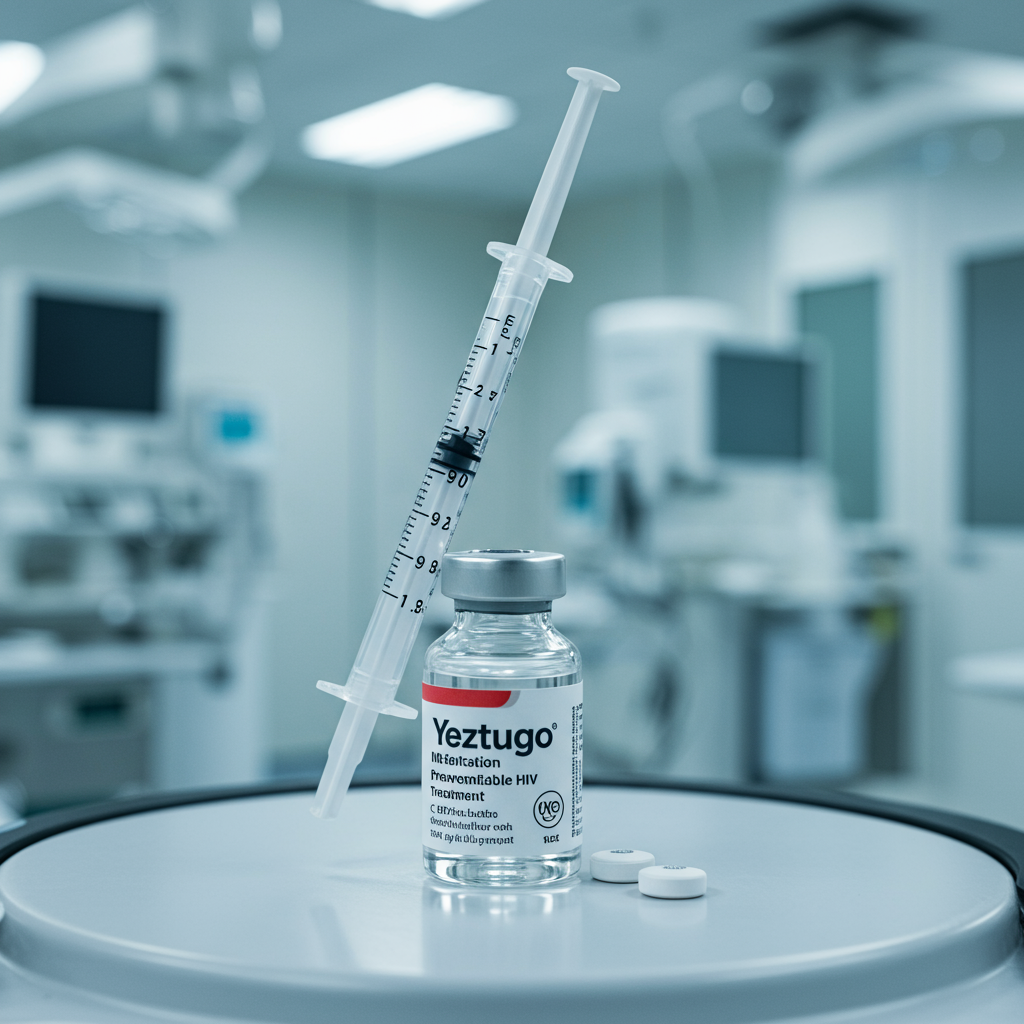Weight loss medications like Wegovy and Mounjaro, containing the active ingredients semaglutide and tirzepatide respectively, have revolutionized the treatment of obesity. These drugs, known as GLP-1 receptor agonists (GLP-1 RAs), work by mimicking natural hormones that regulate appetite, slow stomach emptying, and influence satiety signals in the brain. This often leads to significant weight loss in clinical trial settings.
For instance, studies have shown semaglutide can help patients lose up to 20% of their body weight, while high-dose tirzepatide has demonstrated even greater potential, with average losses reaching around 20-25% in trials over 72 weeks or more. Tirzepatide’s dual action on both GLP-1 and GIP hormones is thought to contribute to its enhanced effect compared to drugs mimicking only GLP-1.
However, a new study suggests the weight loss outcomes achieved with these medications in the real world may not be as dramatic as those reported in controlled clinical trials.
Real-World Results vs. Clinical Trials
Researchers analyzed data from over 51,000 patients with a body mass index (BMI) of 35 or greater, who were eligible for either weight loss surgery or medication. The study compared the weight loss achieved by nearly 38,500 patients prescribed semaglutide or tirzepatide in standard practice with that of over 12,500 patients who underwent bariatric surgery.
The findings, which are yet to be peer-reviewed, indicate a notable disparity. After two years, patients receiving GLP-1 RA prescriptions saw an average body weight reduction of just 5.7%. This contrasts sharply with the 20%+ loss often reported in clinical trials and the 26.5% average reduction seen in patients undergoing bariatric surgery in the same real-world dataset.
Dr. Karan Chhabra, senior author of the study from New York University, commented, “The average patient on [GLP-1 RAs] in the real world is not getting the weight loss that we see in clinical trials.”
Why the Discrepancy?
Several factors could contribute to weight loss injections showing less efficacy outside of carefully managed trials:
Cost and Access: These medications can be expensive, and insurance coverage can be challenging, creating barriers to consistent, long-term use. Patients may be unable to afford the full course of treatment necessary for maximum results.
Inconsistent Use and Support: Unlike trials with strict protocols, real-world patients may not adhere to dosage escalation schedules, have less frequent medical monitoring, or receive less comprehensive support regarding side effects and lifestyle changes. Poorly managed side effects like nausea, vomiting, or diarrhea are common and a significant reason many patients stop taking the medication.
Weight Regain After Stopping: Research shows that stopping treatment with GLP-1 RAs like tirzepatide leads to significant weight regain. If patients discontinue the medication due to cost, side effects, or other reasons, they risk reversing much of the weight loss achieved. Obesity is increasingly viewed as a chronic condition likely requiring chronic treatment for sustained benefit.
Unregulated Market Risks: High demand, cost, and shortages have unfortunately driven some individuals to seek out medications from unregulated online sources. These products can be counterfeit, impure, or improperly dosed, leading to ineffective results or serious health risks, including overdose. The lack of medical guidance when using such products further compromises safety and outcomes.
Bariatric Surgery: A Powerful Alternative
The study reinforces bariatric surgery as a highly effective intervention for significant weight loss in real-world settings. With patients achieving an average loss of over a quarter of their body weight, surgery currently appears to be the most reliable method for achieving 20% to 30% weight reduction.
While surgery carries its own risks and is a more invasive procedure, it can be cost-effective over the long run compared to lifelong medication. Furthermore, bariatric surgery has shown potential benefits beyond weight loss, including improvements in metabolic health markers and even a marked decrease in cancer diagnoses among obese patients compared to those who do not undergo surgery.
Guiding Patient Expectations
Experts emphasize that both medication and surgery are valuable tools in the fight against obesity. However, the new study highlights the critical need for patients to have realistic expectations based on real-world data, not just clinical trial results, when considering weight loss injections. Factors like cost, potential side effects, the need for consistent long-term use, and potential challenges in accessing regulated medication must be discussed.
Ultimately, the goal is to ensure patients receive the most effective treatment for their individual needs, guided by comprehensive data about what outcomes can realistically be expected outside of controlled research environments. While weight loss injections remain a promising option, understanding their real-world limitations compared to the significant and sustained results often achieved through bariatric surgery is crucial for informed decision-making.




